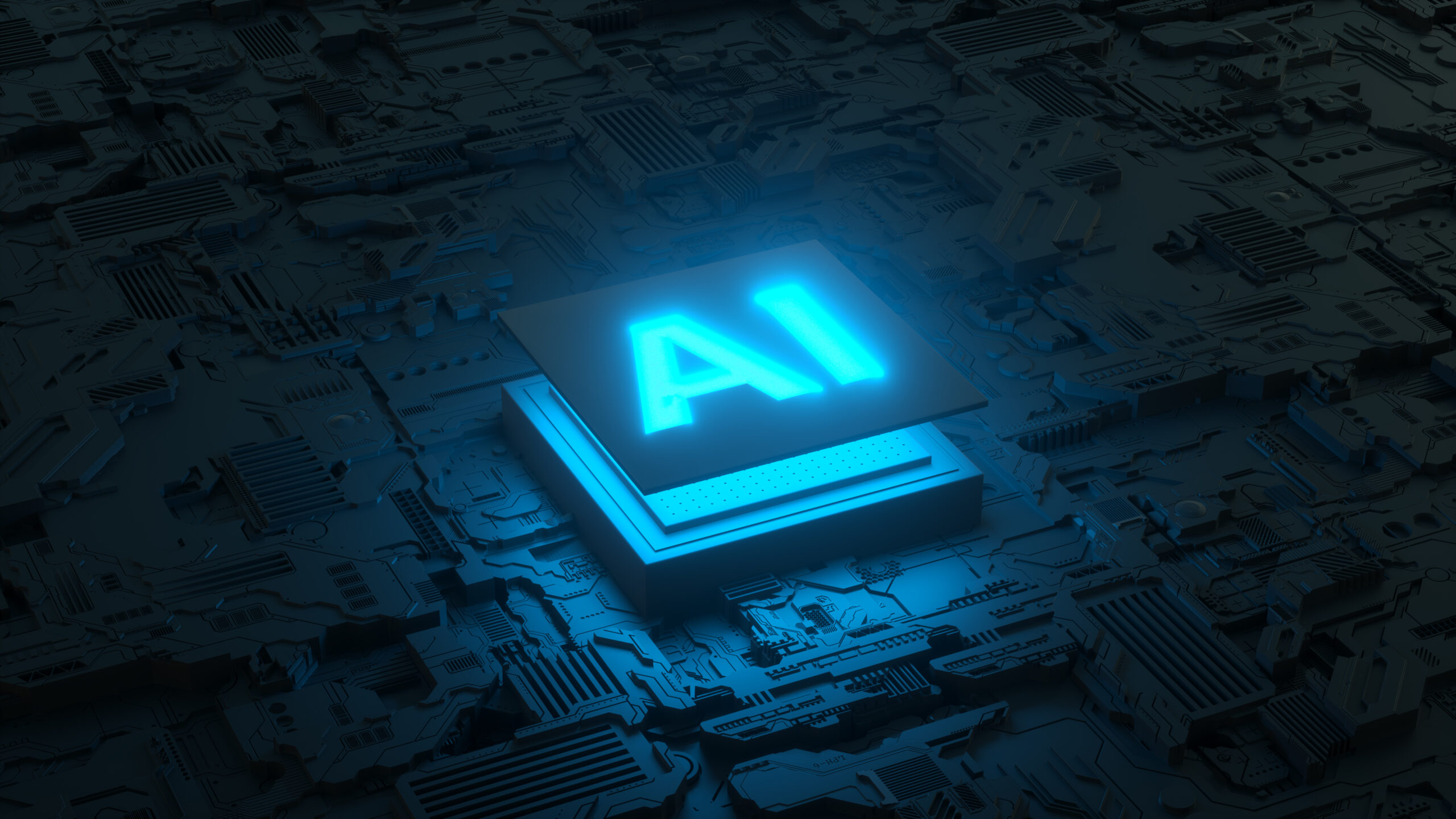Understanding AI Tools and Platforms in AI Contracts

AI tools and platforms are essential components of AI solutions, providing the software environment for developing, testing, deploying, and managing AI systems. In AI contracts, it is crucial to clearly define these tools and platforms to ensure proper allocation of intellectual property rights and responsibilities. This article will explore the importance of AI tools and platforms in AI contracts and provide insights into managing their ownership and usage.
Defining AI Tools and Platforms
AI tools and platforms refer to the software environment used to develop, test, deploy, and manage AI solutions, including the gathering of training and validation data and the training of models, using algorithms as described previously.
These environments can be proprietary, open-source, or owned by third parties, and often include user interfaces and toolkits that allow developers to create and manage AI solutions.
Managing AI Tool and Platform Ownership and Usage in AI Contracts
Define the AI tool or platform
The AI contract should clearly define the AI tool or platform being used in the AI solution. This includes specifying the name, version, and any unique features or capabilities of the tool or platform.
Determine ownership: As with AI algorithms
AI tools and platforms will typically not be owned by the customer. They will either be open source, owned by a third party, or proprietary to the vendor. The AI contract should clearly state the ownership of the AI tool or platform to avoid any misunderstandings or disputes.
Define usage rights and restrictions
The AI contract should outline the rights and restrictions for using the AI tool or platform. This may include the customer’s right to use the tool or platform for specific purposes, the vendor’s right to provide support or maintenance services, or limitations on the tool or platform’s use to protect proprietary information or trade secrets.
Address updates and improvements
As with AI algorithms, AI tools and platforms may evolve and improve over time. The AI contract should address how updates and improvements to the tool or platform will be handled, including any changes to ownership, usage rights, or restrictions.
Understanding AI tools and platforms in AI contracts is crucial for protecting the interests of both parties involved. By defining the AI tool or platform, determining ownership, outlining usage rights and restrictions, and addressing updates and improvements, companies can ensure proper allocation of intellectual property rights and protect their interests in the rapidly evolving world of AI technology.















